Fionah | She/Her
I Couldn't Simply Observe
Kenya
Tropical and Subtropical Grasslands, Savannas, and Shrublands
Session 8: March 25, 2023
As they always say, most of our childhood is stored not in photos, but in certain smells, lights of the day, fleeting sounds, and certain views. That’s how life sounded to me, growing up in Kajiado County, Kenya. For a little girl who enjoyed taking nature walks with her father, it was a place of stunning beauty, where the land stretched out in every direction, and the blue sky was vast and open.
I frequently observed groups of giraffes, zebras, gazelles and other wild animals and insects sauntering across the plains. My favorite part has always been watching many kinds of birds of unique colors and unique sounds in the acacia trees that stood tall and proud. The river Mbagathi was a vital source of life for the indigenous community living on this land, providing fresh water for our homes and fields and an abundance of fish for the community to catch and eat. It was where we went to dive. In Swahili, it’s a common term: “Duff – mpararo,” a game that involved us diving and playing with mud, and we’d often get into trouble for that! Our moms would beat us up for coming home with soaked clothes, and others would even lose their clothes during the swim! There were often moments of our brothers from the neighborhood being chased by an ostrich after trying to steal her eggs! Hilarious memories!
As I grew older, I began to notice that the environment around me was changing. The wild animals started to disappear, due to human encroachment, and the river Mbagathi began to dry up. The weather became more unpredictable, and we started to experience longer periods of drought, followed by sudden and heavy rains that caused flash floods. Our livestock started to die, struggling to find enough food to eat.
The once-beautiful landscape was slowly turning into a barren wasteland as more human development happened.
It was then that I joined university, and I started to interact with other young people who were also concerned about the environment. I came to the conclusion that I couldn’t simply observe as my surroundings fell apart. We began to rally together and take small-scale actions to make a difference. We started by re-sensitizing the community to traditional water-harvesting structures designed to catch the rainfall during the wet seasons, which were becoming less and less predictable. We also started to plant trees and clean up the river Mbagathi, removing the waste that was clogging the drainage and causing flooding.
Although the journey so far hasn’t been simple, we are gradually realizing the outcomes of our actions. I noticed that our sense of community grew stronger as a result of our collaborative efforts.
Preserving the land that had sustained us for so long was our shared objective, which brought us all together. We are now a startup community organization, called the Greener Communities Program Kajiado. What started as an initiative now is a movement that seeks to work with communities to embrace climate action. We adopted some sections of this river Mbagathi, cleaning up frequently and taking the trash to recycling plants, so that this river can start to flow freely again during the wet seasons. Our trees are striving to grow strong in order to provide shade and shelter for the animals that still call this place home. It feels like we are a part of something much bigger than ourselves when we rediscover how to live in harmony with nature.
But there is still a great deal of work to be done. I am aware that as young people, we will have a significant influence on how the world develops. Our generation is the one that will feel the full impact of climate change (that’s why I get eco-anxiety sometimes), but I will never stop trying. Although we may appear small given the scope of the issue, giving up is not an option. I have hope, just like the hummingbird who tried to put out the forest fire, despite the fact that the big animals who could have helped had already given up, in a story narrated by our celebrated legends, Prof. Wangari Maathai.
To ensure that future generations may appreciate the same beauty and plenty that we have been lucky enough to experience as kids, we must continue to take action both big and small on behalf of the environment. The lush greenery, the diverse wildlife, and the endless blue skies always left me in awe. I was aware that I had a responsibility to safeguard and maintain this beauty for coming generations, because it is the legacy we should leave them.
We must not let this opportunity slip away. Let’s all work together to preserve and cherish the earth, learn from its history, and respect the crucial bonds we have with the environment and our shared future.
Fionah is passionate about environmental conservation. She embraced her passion for conservation and combined it with her name, coining the moniker “Fifiture.” Through her YouTube channel of the same name, she invites viewers on a journey of discovery, sharing vlogs about the wonders of nature and the importance of its preservation. With a team of like-minded young individuals, she founded the “Greener Communities Program.” This youth-oriented community organization works with schools in Kajiado to promote environmental conservation and sustainability with the goal of inspiring the younger generation to be the change they wish to see in the world and to become champions for the environment. With a fierce determination and a love for nature, Fionah is dedicated to making a positive impact and leaving behind a greener legacy for generations to come: Both present and future.
